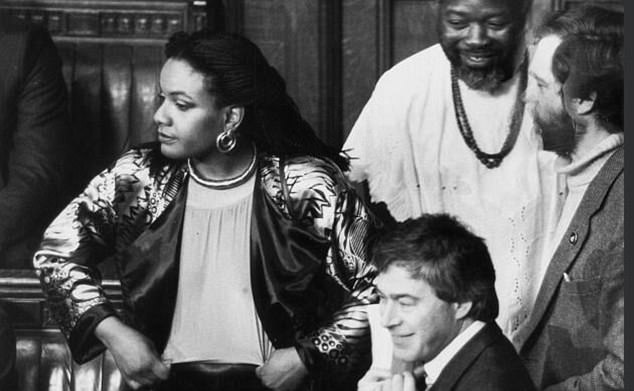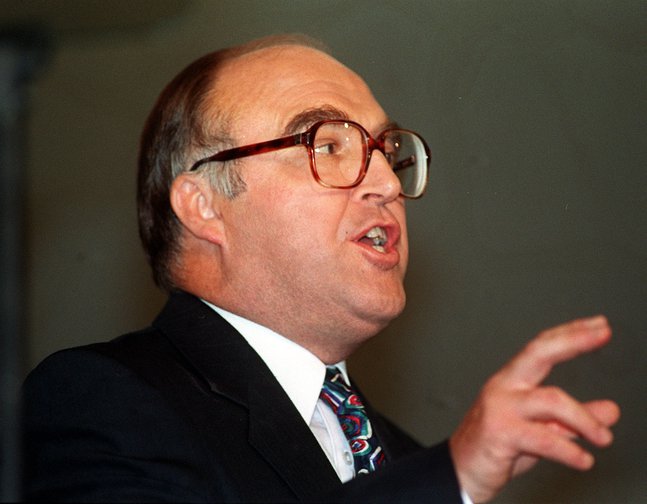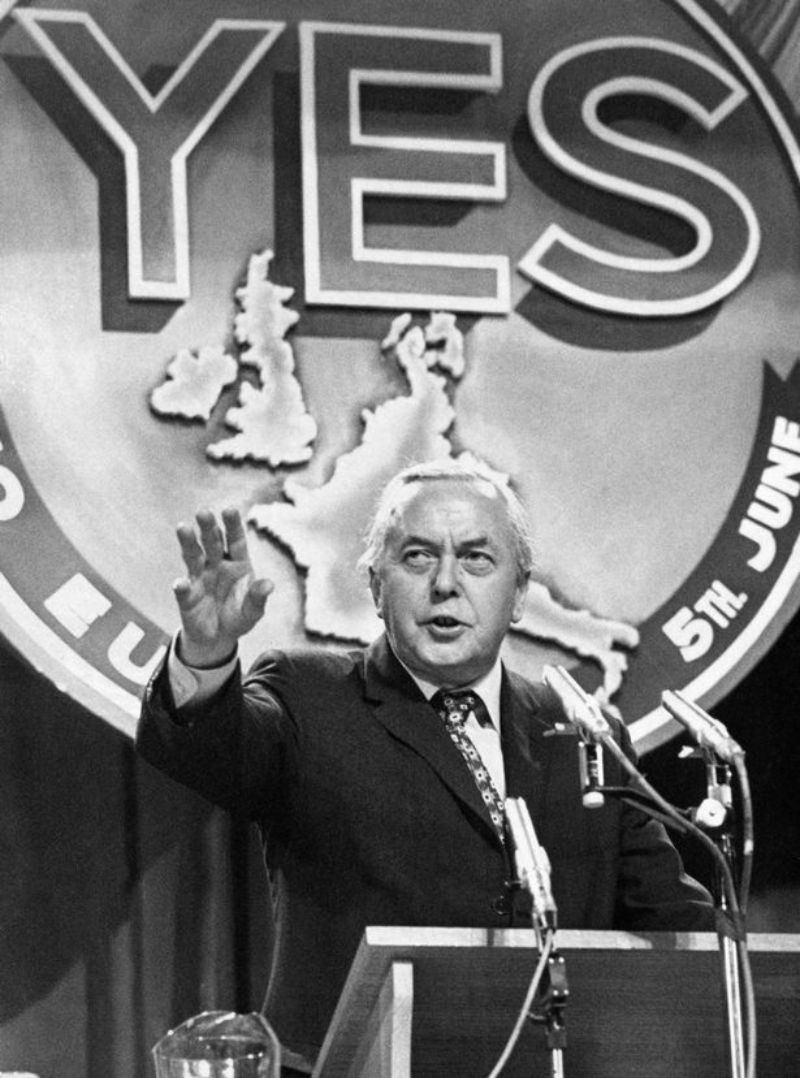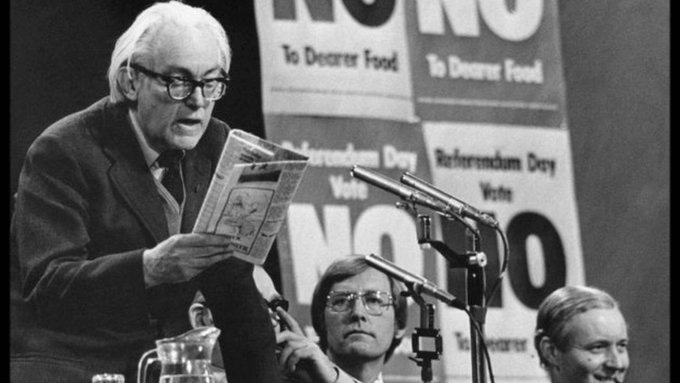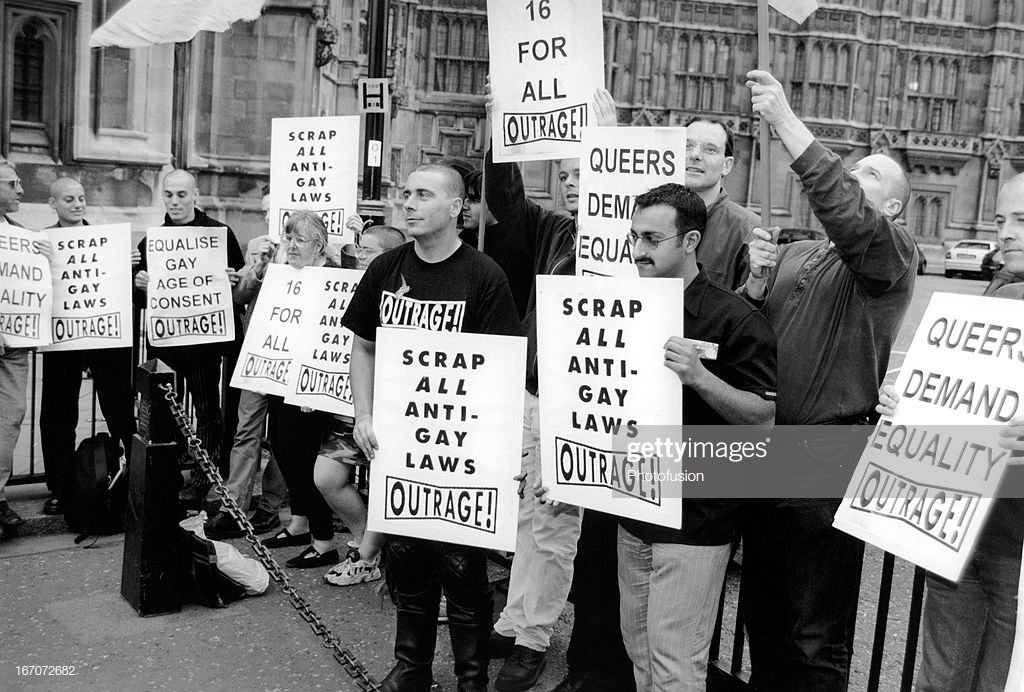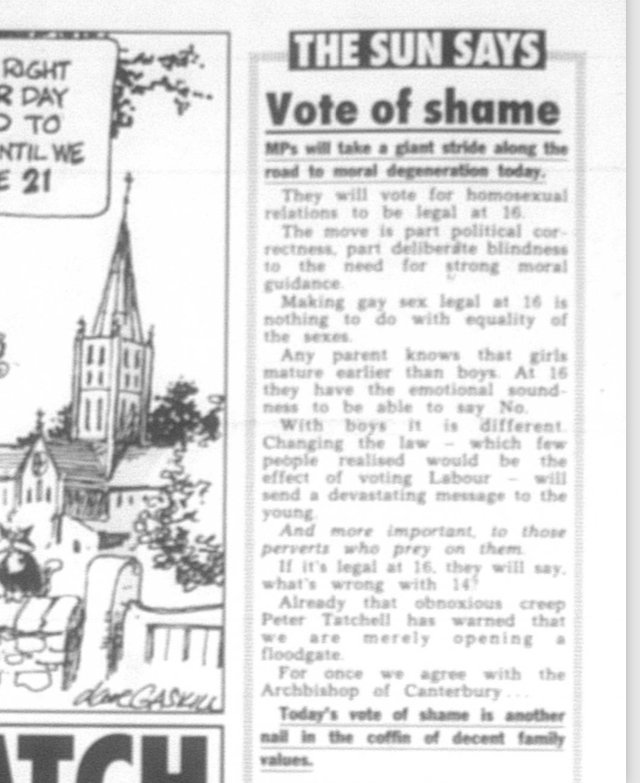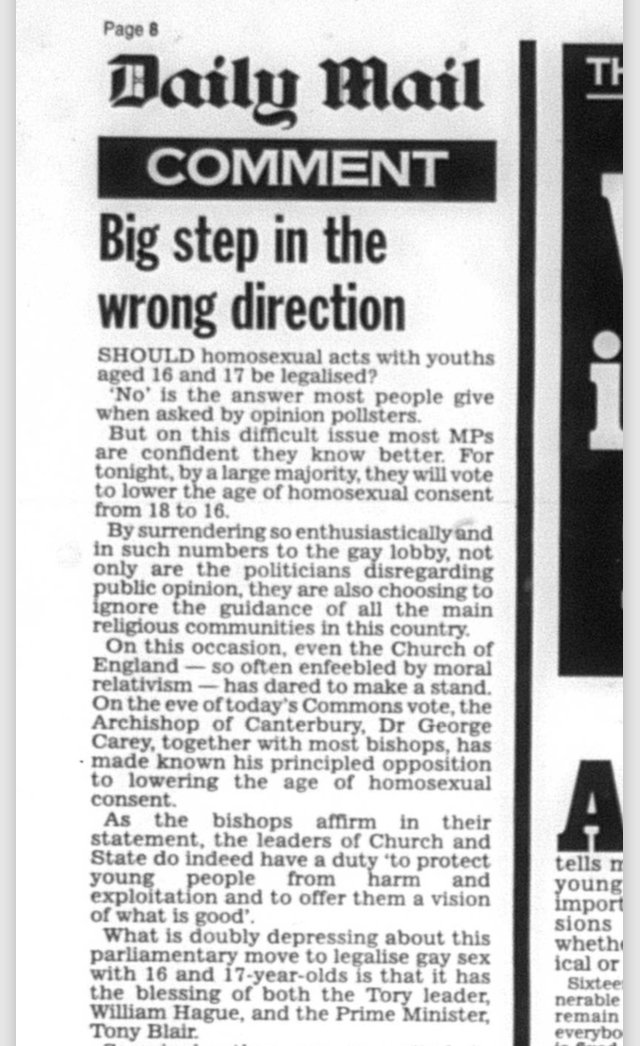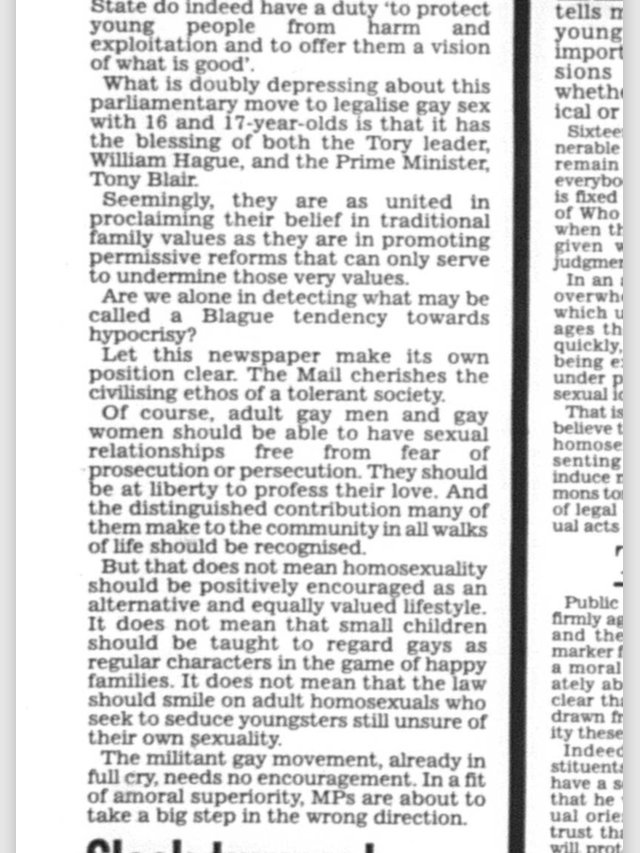PR ‘would be better than five year’s majority Tory government. I hope we will be able to make an early change’.
‘from the battles for social justice that were forced on the trade unions, local councils, anti-poll tax campaigners and even those who opposed the Gulf War’
‘Kinnock will go down as the worst leader Labour ever had’
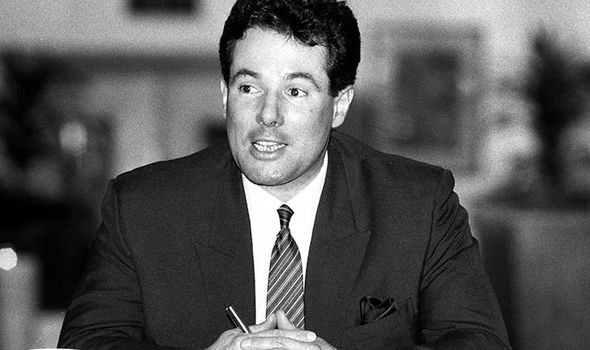
‘Too many prefer the old style certainties to the new agenda we must now adopt. Unless we are prepared to make changes we will not be able to excite the voters after 1996’
‘Major cannot be caricatured as an old-style Tory saloon bar racist…Labour can no longer take black and minority ethnic voters for granted’.
‘Our tax proposals appeared to set a cap on people’s aspirations, particularly in the south of England where we need to attract support’
‘I don't just want to speak for Labour voters. I want to speak for the majority in Britain who are opposed to this Government…We must never forget we are fighting for a better and more just society’


















